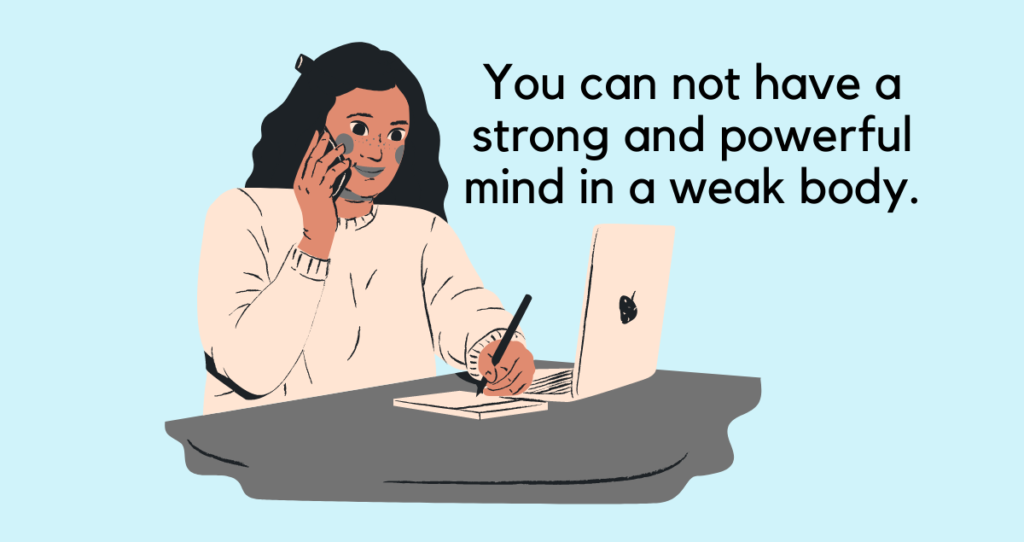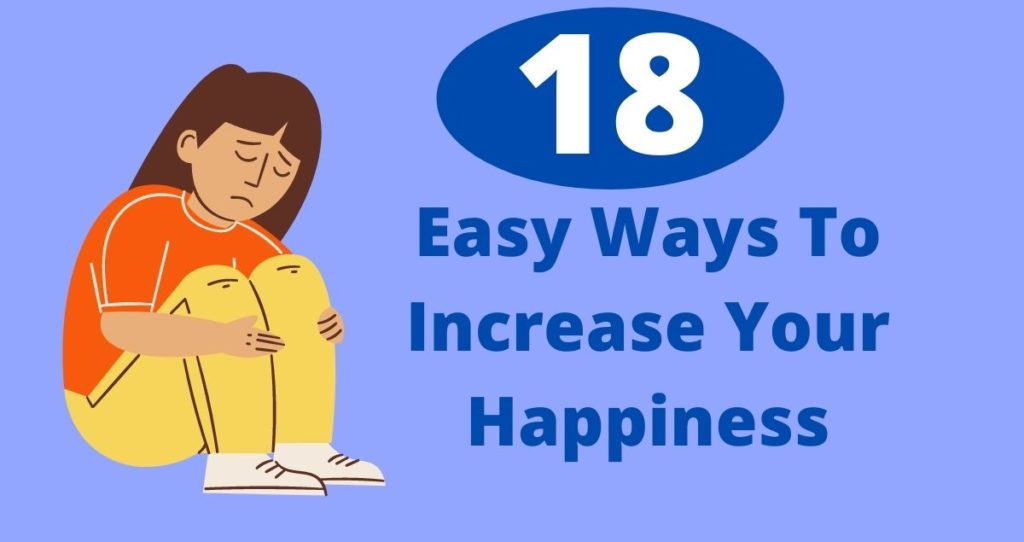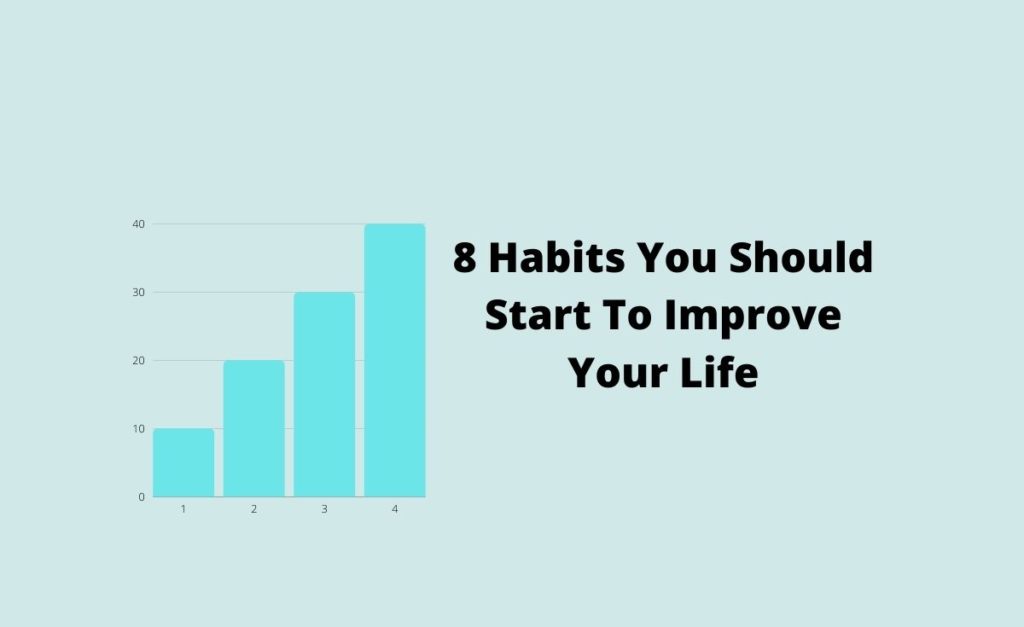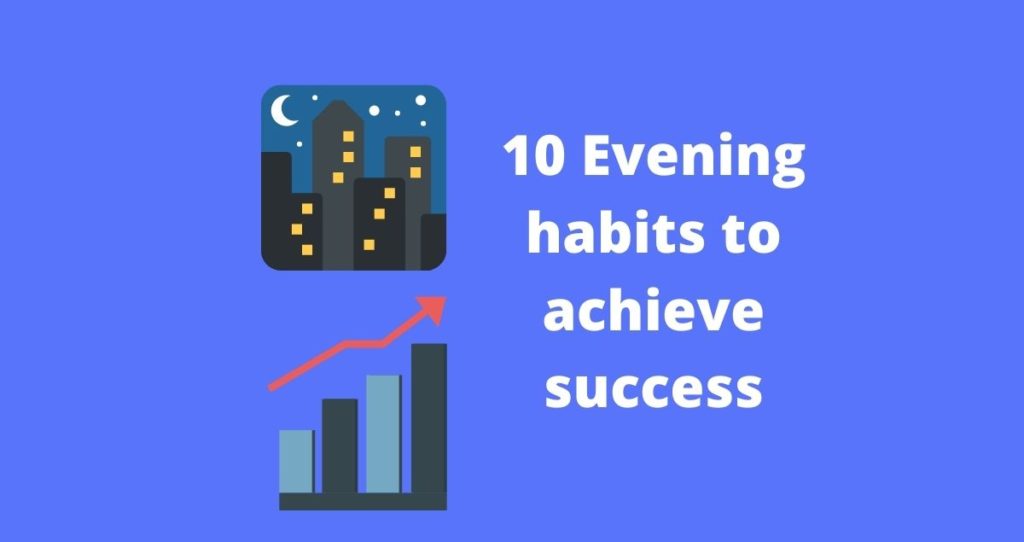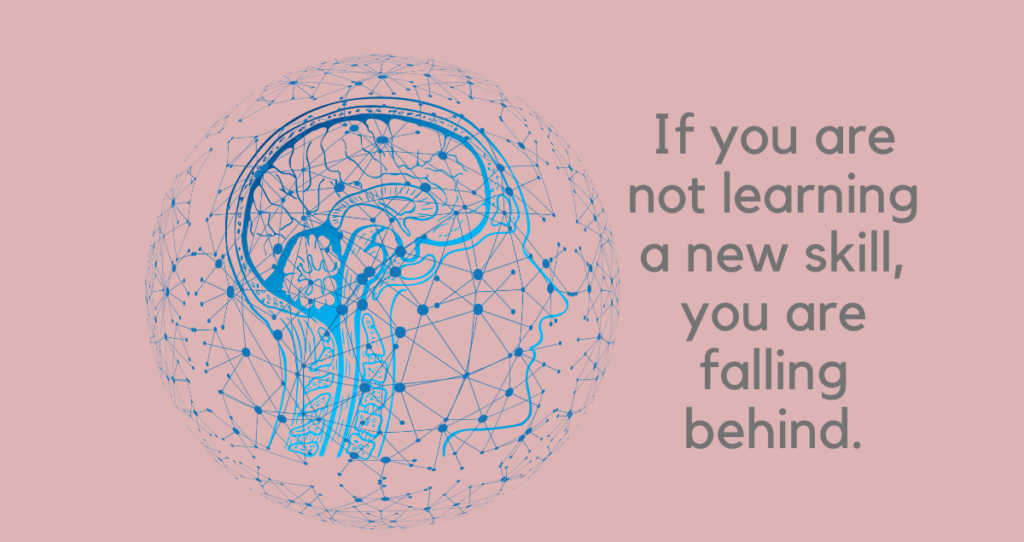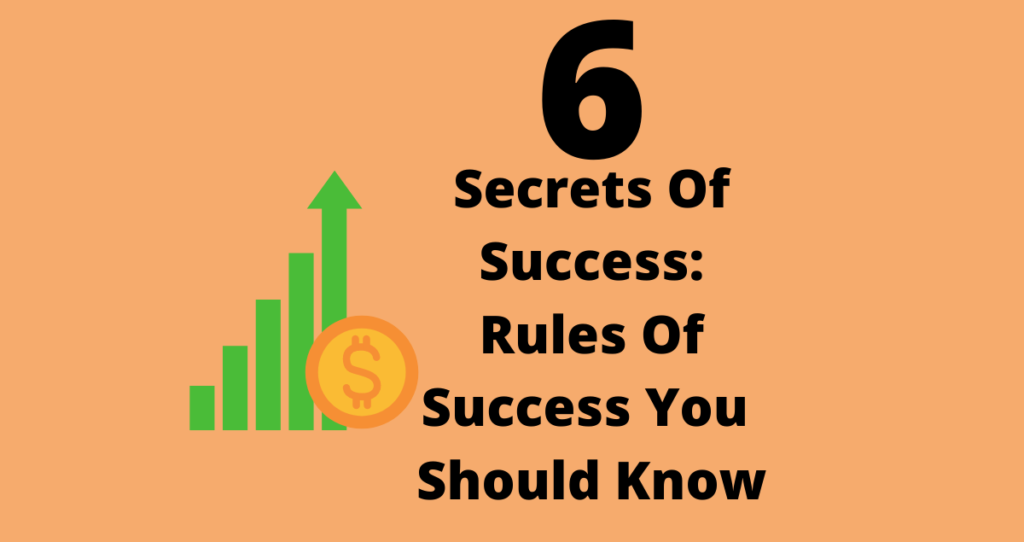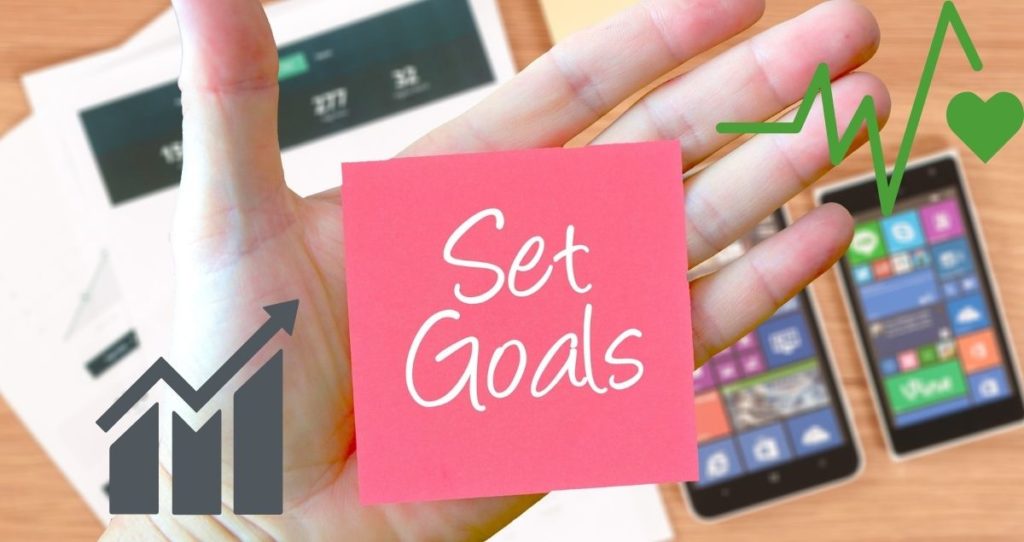Complex problems require a powerful mind that is stable, stronger, and effective. A mind that can think fast regardless of the difficulties at hand. Everyone has the ability to tap into their hidden mind powers and achieve what they thought was impossible. Where there is a will there is a way.
How to think fast and effectively?
In order to achieve fast thinking abilities, you will need to adopt new skills and habits. Regardless of your age and profession, you can still learn how to think fast and very effectively. Every skill is learnable and if you want to build a strong mental capacity and overcome challenges, the habits you are about to learn will be your guide.
These habits do not require you to go back to school. Instead, they are solely based on how you approach problems, decision making, prioritization, and more importantly, how you take care of yourself.
Advice: You can not have a strong and powerful mind in a weak body. Your first step toward personal transformation should start with you taking care of your body. Everything else will follow.
In this era where things are moving fast, you will need fast thinking abilities to keep up. If you are in a position where you need to make fast decisions or solve a bunch of problems at once, I have answers for you.
The following tips will help you think fast and develop a mind capable to withstand life’s challenges of all kinds. You only need to read and apply them.
Without further ado, let’s get started.
1. Minimize your choices
The brain is one of the most complex parts of our bodies. That does not mean that the brain is invincible. Too much thinking can throw your brain off the rail. The brain also performs better when it is pinpointed to a few tasks at once. Unless you are good at making choices, it can be difficult to think clearly, especially when facing stressful tasks.
If you want to think fast and very effectively, try to minimize the number of choices you are making for each task. If you have a lot of things to work on, tackle them based on their priorities. Start with the most important tasks first or the easiest to accomplish and avoid extreme multitasking.
Multitasking is not necessarily a bad thing. You can think fast and multitask at the same time. Matter of fact, you will need to be a fast thinker, in order to succeed at multitasking. If you are not good at multitasking, don’t worry. Every skill is learnable and it is not too late to practice.
2. Make small decisions fast
One of the things that increase your mental fatigue is the inability to prioritize your tasks. Many people struggle with decision-making or problem-solving especially when those problems are presented at the same time.
Instead of finding answers, they panic. This response increases their stress and anxiety levels.
A good trick to this problem is to organize all your tasks by their level of complexity.
After organizing your tasks in that order, you would then tackle them one at a time. Start with the easiest ones first.
By the time you are finished, you will have one less problem to worry about. This will help you think fast and effectively well on each task you have at hand. Starting with what you know also helps you save time that you can use on things you don’t know.
There are also times when you start a hard problem and never solve it in a given time. Solving easy problems first gives you a chance to accomplish a few tasks even if the main ones or complex ones are not finished yet.
3. Do not dwell on small losses

During your journey toward greatness, you will encounter a lot of losses. Depending on the nature of the loss you experience, you could be devasted or stay intact.
Regardless of the loss you experience, you must move on. Your losses are in the past, and therefore, the past cannot define your future. You define the future.
Focusing too much on the past can directly affect your thinking abilities and cause you to make mistakes. So, learn about the past, say never again, and move on.
Instead of beating yourself up due to past losses, use the past as a boost toward your future. The future is brighter, should you choose to see it that way. Many people dwell on small losses and forget about a big prize that is waiting for them.
Your losses show you what works and what does not work. At the end of the day, we learn more from our mistakes than we do from our successes.
4. Start with what you know
Sometimes we get overwhelmed because we are asked to solve complex problems that we never heard of before. Many people stress out right away and get a panic attack. You cannot think fast if your brain is not able to even think.
The first thing you need to do is to bring your mind into a stable state, then figure out how you can move on.
One effective way to solve this problem is by starting with what you know. The problem is complicated, but it must be solved.
Instead of panicking, ask yourself the following questions:
- What do I know about this task?
- Have I ever solved something similar?
- Are there resources I can utilize to solve the problem?
- Among my friends, mentors, bosses, etc., who is the most reliable person I can ask for guidance?
All these questions and many more will help you get started. They will help you search for answers rather than sitting down and freezing due to the complexity of the problem. At this level, you will be able to think fast and figure out answers. As long as your mind is occupied and focused on finding answers, it won’t be hard for you to think fast and make fast decisions.
5. Reduce stress through meditation

You cannot think fast and straight if you are stressed. For this reason, you must solve your stress and anxiety issues and meditation can help you with it. Meditation is like magic that cures your body slowly. Many people struggle with stress caused by their daily experiences. To fight these stresses, they turn to alcohol, drugs, or much worse.
What if you can solve this problem without using man-made products? There is always a solution somewhere if you know where to look. One great tip to help you fight bad thoughts and think fast is to practice meditation.
Meditation has a lot of benefits to your physical and mental health. According to Mayo Clinic, meditation can help you manage anxiety, manage symptoms of some diseases, and reduce stress. Other benefits of meditation include the promotion of emotional health, increase attention span, and can help you fight addictions, etc., as reported by Healthline.
All these benefits increase your mental stability and put you in a calm state. Once you are stable and sound, it will be much easier to think fast and solve complex problems.
6. Have enough sleep
Before you think fast and effectively, you will need to have enough rest. A well-rested mind operates at an optimal level and performs better. If you have been cutting down on your sleep, solve this problem first.
You should sleep around 8 hours every day. Sleep puts you in a stable mental state and increases your performance. Once you are in this state of mind, you will not find it difficult to think fast.
7. Workout, drink enough water, and eat healthy foods
Last but not least, is what you put in your body and how you treat your body. Before you ask your body to take care of you, you need to take care of it first.
Have you been avoiding drinking water and now you feel dry and weak? Or have you been eating fast food for a very long time? Did you stop working out and now feel like your body is no longer what it used to be?
You cannot deprive your body of the basics it needs and then later say, “I want you to think fast and solve these complex problems.”
So, take care of your body and it will take care of you. Start drinking enough water, work out regularly, and eat healthy food. What you put in your body will directly impact your health. In turn, your health will determine your brain capacity.
More tips
- 7 simple tips to stick to the plan
- How to manage conflicts: 12 tips to create a safe workplace
- How to think like a millionaire: 9 ways to have a rich mindset
- How to be happy: 18 easy ways to increase your happiness
- 8 ways to avoid negative people and focus on your goals
- How to be patient: 8 Steps to manage your emotions
